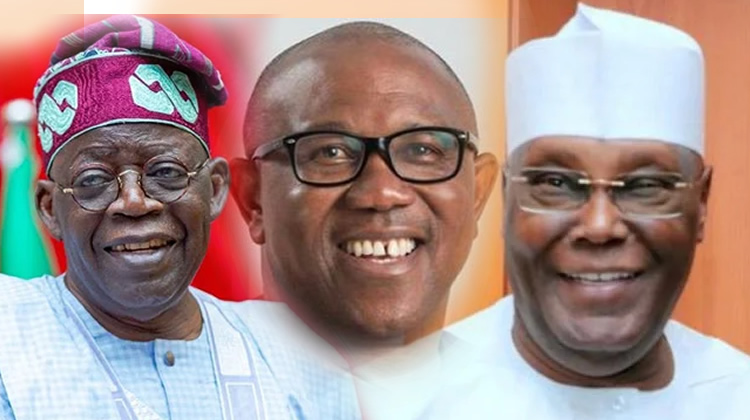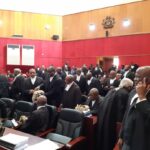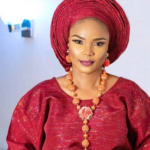The 2023 presidential election is pivotal in Nigeria’s post-1999 evolution. While two major parties have dominated previous election cycles, the forthcoming election is poised to be a race between three serious contenders. These are Bola Tinubu of the ruling All Progressives Congress, Atiku Abubakar of the Peoples Democratic Party and Peter Obi of Labour Party.
Since 2015, Nigeria has experienced an intensification of existing social, political and economic problems. The country has suffered an estimated 41,903 insecurity-related deaths from 2015 to date. The cumulative security spending over the same period is over $19.9 billion. These figures paint an alarming picture and suggest a need for reform.
In addition, failure to foster inclusivity has led to increased calls for secession. At the same time, high debt, inflation and unemployment figures lend credence to a feeling of looming economic disaster in the country. A combination of these factors is what makes 2023 feel like a perfect storm to the Nigerian electorate. So what should the next president do to avert an imminent crisis?
While insecurity is generally considered the topmost priority for Nigeria’s next president, little is said about how best to approach it. It is also interesting to note that none of the main presidential candidates has offered a strategically different security policy. Emphasis continues to be on budget increment and military leadership. While these should remain key in Nigeria’s security strategy, the past eight years have shown that they are grossly inadequate. A broader, more holistic approach is needed.
Nigeria’s next president has to plan for the decentralisation of policing. Such a move would not only appeal to progressive voices, which have long agitated for state police, but it would also represent a seismic change in the security architecture of Nigeria. Apart from deepening community engagement with police authorities across the country, this approach could also free the federal government to focus mainly on anti-terrorism. Furthermore, effort must be made to establish a border control service for the adequate security of terrestrial and marine borders. Nigeria’s security plan must also feature a robust commitment to cyber security through modern technology.
The next president of Nigeria has to have a workable plan for economic diversification. Given the well-established drawbacks of the country’s oil-dependent economy; the need to prioritise Nigeria’s non-oil economy looks like an inevitable outcome in 2023 and beyond.
Change has to begin by reviewing the existing fiscal structure. To this end, a decentralised economic system has been championed under different banners, from fiscal federalism to resource control by federating units. The next president must ride the wave of public discourse by developing a National Economic Diversification plan. This policy must focus on removing constitutional restrictions to fiscal federalism and offer incentives to states based on their contribution to national GDP.
Individual states must be encouraged to innovate by driving economic growth through partnerships with the private sector. The onus must be on states to attract private investment in agriculture, manufacturing and other areas of competitive advantage. More importantly, federating states should take a step back and maintain a primary focus on delivering public services in education, health care, security, taxation, etc.
Perhaps the biggest issue facing Nigeria’s next president is fostering inclusivity in a perennially divided nation. Since 2015, the incumbent administration has responded to critics with aloofness, jailed without trial and responded with violent force to the opposition. Without a solid connection to the national project, ethnic nationalist movements like Amotekun, Yoruba Nation, and Indigenous People of Biafra (IPOB) have emerged to protect regional interests.
The mandate of inclusivity requires openness to dialogue with critics on all sides. It requires demonstrating respect for the rule of law and the human rights of every citizen, regardless of ethnic or religious background. Nigeria’s next president must pay attention to inter-ethnic conflicts and the agitations of ethnic minorities. Efforts should be made to set up a diverse investigative panel to investigate and offer recommendations to forestall inter-ethnic disputes in the country.
The case for critical reform is hard to ignore ahead of the 2023 presidential election. Amid the restlessness and anxiety in political discourse, it is essential to understand why 2023 feels like a tense moment and what needs to be done to avert a national catastrophe.
Abimbola Emmanuel is a writing fellow at the African Libert

 Join Daily Trust WhatsApp Community For Quick Access To News and Happenings Around You.
Join Daily Trust WhatsApp Community For Quick Access To News and Happenings Around You.



